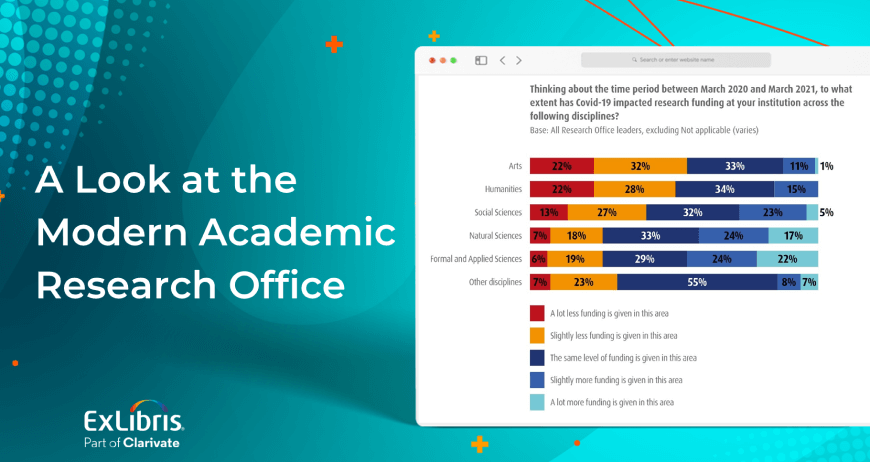Dani Guzman, Ex Libris
Research is at the core of higher education institutions’ success. To better understand how institutions are meeting the challenges of today’s research environment, we sat down with Dr. Martin Kirk, director of research operations for King’s College London. (You can listen to the full audio of the interview below.) Dr. Kirk compares the task of leading world-class university research to launching a spacecraft to the moon.
Successfully completing a moonshot requires talented astronauts piloting the spacecraft, he explains, as well as fuel to get them to the moon and back. It also involves reducing drag on the spacecraft so that it can escape the Earth’s gravity.
In this analogy, the astronauts are the researchers and the fuel is the infrastructure supporting them, such as facilities, equipment and grants. Universities can reduce the drag force slowing research down, Kirk says, by reducing the administrative burden that researchers have to contend with, like locating potential funding sources, developing grant proposals and measuring the impact of success.
Ready to launch your research to new heights? Explore our solutions and discover how Ex Libris an Integrate Library System can be your mission control, guiding your institution towards a successful research moonshot.










